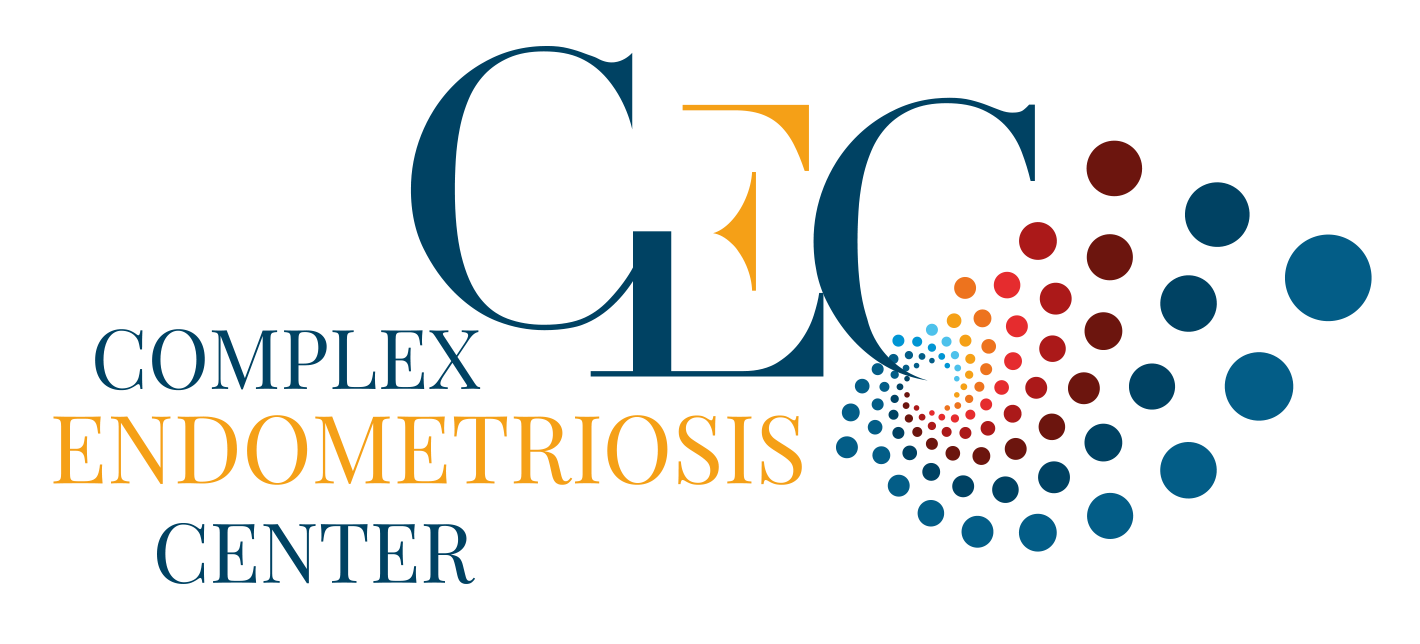Pelvic pain is a daily reality for many women, and one of the most frequently overlooked underlying causes isendometriosis. This gynecological pathology can be debilitating and seriously affect quality of life. But what is endometriosis and how can we get rid of it? Let's delve into this crucial subject with the help of Professor Olivier Donnez, a recognized expert in the field.
What is endometriosis?
Endometriosis is a chronic inflammatory disease characterized by the presence of tissue similar to the uterine lining outside the uterus. This tissue reacts to menstrual cycles in the same way as the endometrium, causing inflammation and pain. Areas most often affected include the ovaries, fallopian tubes and peritoneum.
It's crucial to understand thatendometriosis isn't just about painful periods. It's much more than that. The condition can lead to chronic pain during menstruation as well (known as dysmenorrhea). So it's important to identify the signs and consult a specialized gynecologist for a thorough clinical examination.
Common symptoms of endometriosis
Pelvic pain is not the only symptom patients may experience. Here are some of the most common symptoms:
- Severe dysmenorrhea
- Dyspareunia (pain during intercourse)
- Lower back and abdominal pain
- Excessive fatigue
- Infertility
- Digestive disorders including diarrhea, constipation, pain on exoneration and bloating
- Pain when urinating
- Shoulder pain in diaphragmatic endometriosis
Diagnosis and clinical examinations
Diagnosis of endometriosis usually begins with a detailed interview with your gynaecologist, GP or midwife. A careful assessment of symptoms and a clinical examination are necessary.
Diagnostic methods
There are several methods for diagnosing endometriosis:
- Targeted questioning
- A post-consent clinical examination
- Pelvic ultrasound
- MRI (Magnetic Resonance Imaging)
Management of endometriosis
The management of endometriosis depends on a number of variables, including the severity of symptoms, the patient's age and her life plans. Professor Olivier Donnez suggests several approaches adapted to each situation.
The main objective is to improve quality of life, relieve pelvic pain and reduce inflammation. This may include medical or surgical treatments, or a combination of both.
Medical treatments
Medical treatments are often aimed at regulating hormones to reduce or stop menstrual cycles. Some common options include:
- First-line painkillers: paracetamol , non-steroidal anti-inflammatory drugs (NSAIDs) to manage pain
- Hormonal contraceptives such as the contraceptive pill or continuous progestins
- Hormonal therapies including GnRH agonists and antagonists
Surgical treatments
Surgery may be considered under certain specific conditions, if drug treatments are ineffective, poorly tolerated or contraindicated, depending on the type of lesion, or in the presence of a desire for pregnancy or a progressive lesion. Each situation is unique, and the degree of expertise and experience of the specialist involved is important. The main aim is to remove as much endometriotic tissue as possible:
- Laparoscopy: minimally invasive method for excising lesions
- Hysterectomy: in certain severe cases (adenomyosis), removal of the uterus may be recommended.
Living with endometriosis: practical advice
Living withendometriosis can be a daily challenge, but there are strategies to improve quality of life. Here are some practical tips:
- Adopt an anti-inflammatory diet rich in fruits, vegetables and whole grains
- Regular moderate physical exercise such as yoga or swimming
- Consult pain management and physiotherapy specialists
- Find emotional support through discussion groups or professional counsellors
We invite you to get in touch with recognized patient associations.
The Complex Endometriosis Center headed by Professor Olivier Donnez
To deal with this complex gynecological pathology, the center under the aegis of Professor Olivier Donnez specializes in the comprehensive care of patients with endometriosis. The center offers a multidisciplinary approach, bringing together a range of experts to deliver personalized, effective care.
Services offered by the center
The center offers a variety of specialized services:
- Consultations and in-depth diagnostics with experts
- Minimally invasive surgery
- Rehabilitation and post-operative follow-up programs
- Psychological support
Why should you visit Professor Olivier Donnez's center?
Choosing to consult at the center run by Professor Olivier Donnez has many advantages:
- Access to medical teams with over 20 years' experience of working in multidisciplinary coordination, highly specialized and constantly advancing their clinical, teaching and scientific skills.
- Use of cutting-edge technologies for accurate diagnosis and internationally recognized high-quality care
- Personalized treatment plan taking into account each patient's medical history and preferences
In short, if you suffer from severe dysmenorrhea, dyspareunia or other manifestations ofendometriosis, it's essential to seek appropriate management. Don't hesitate to consult a specialized gynecologist to explore the best treatment options available to you.
You don't have to live in pain. With the right treatment, it's perfectly possible to lead a fully satisfying life despite this condition.
